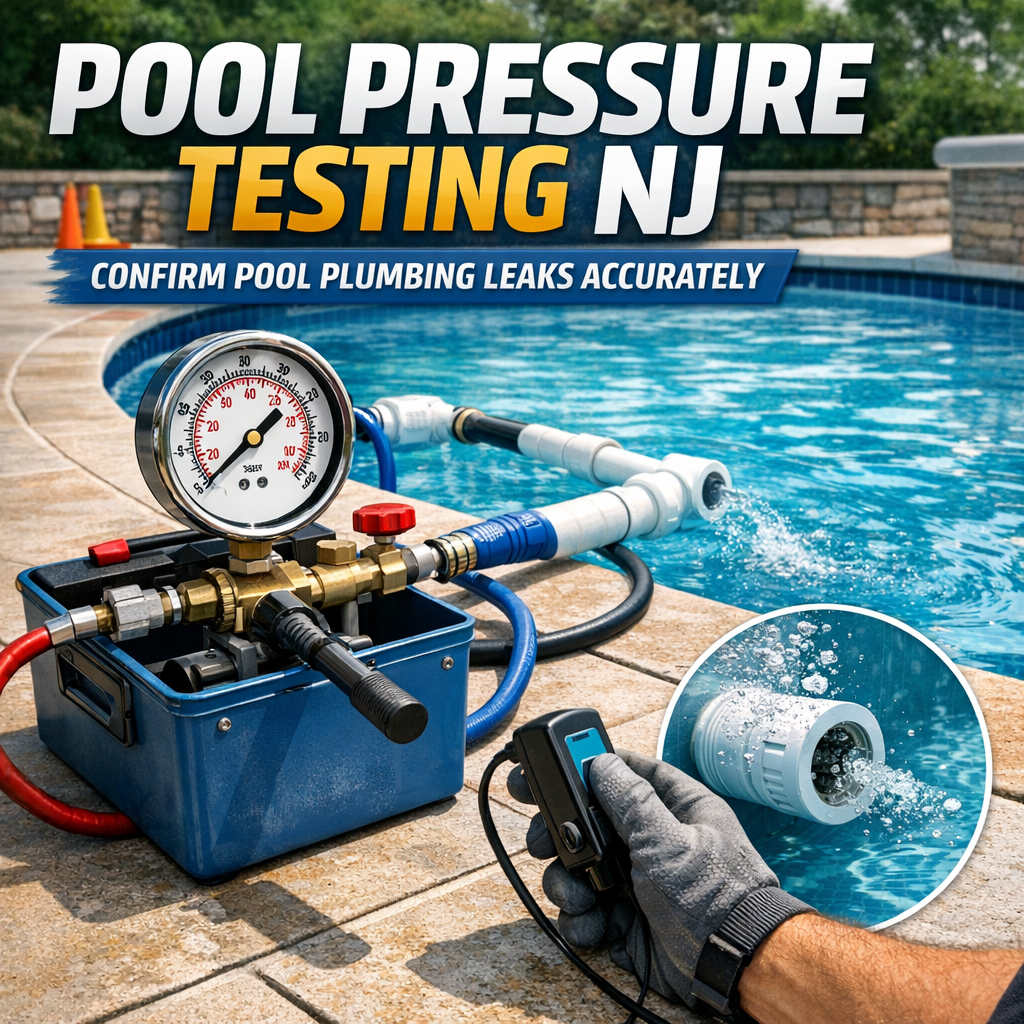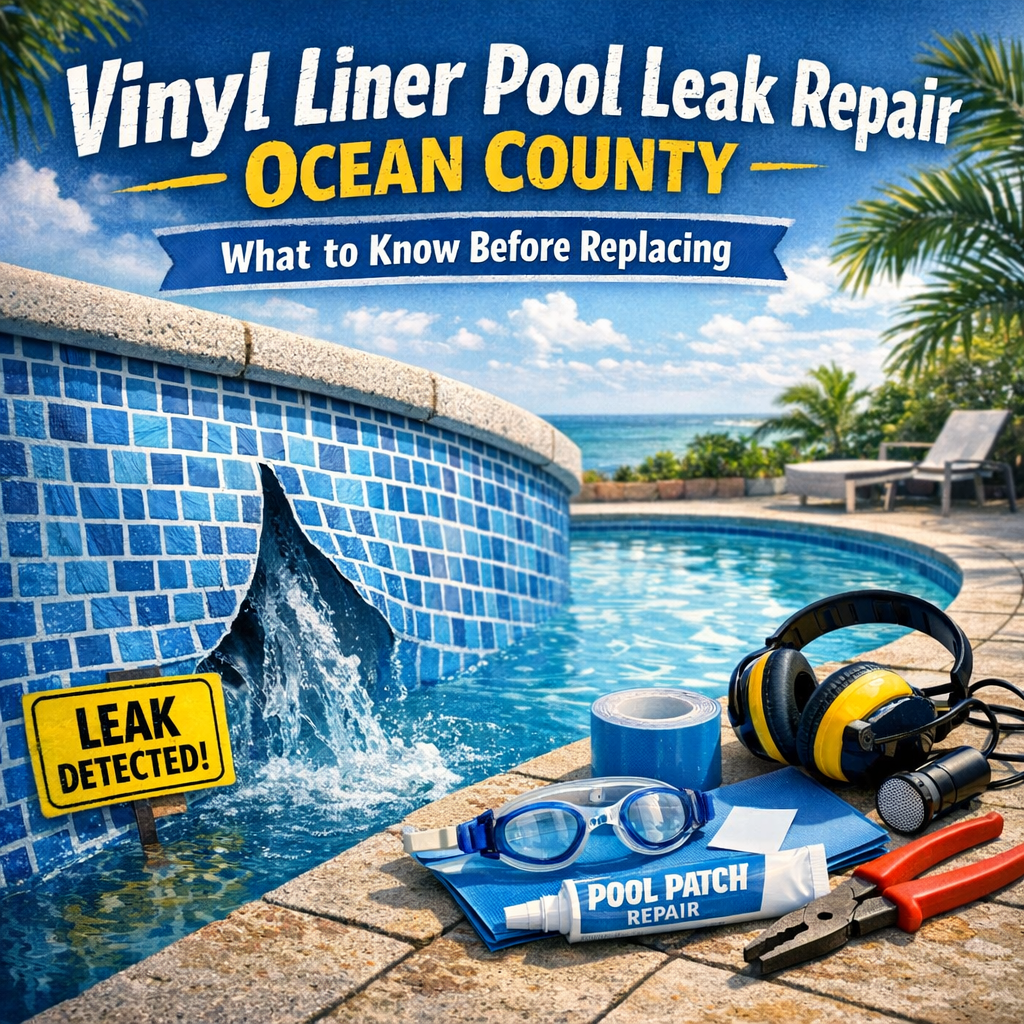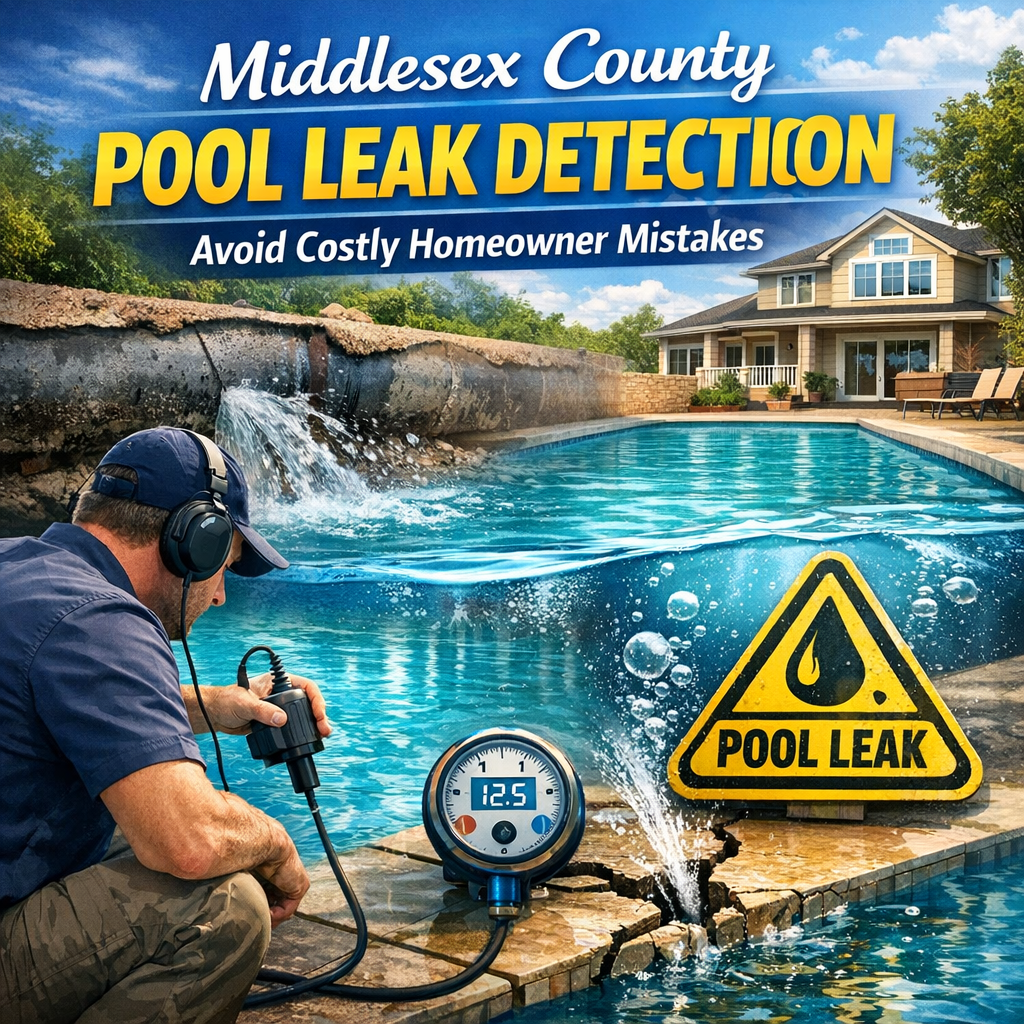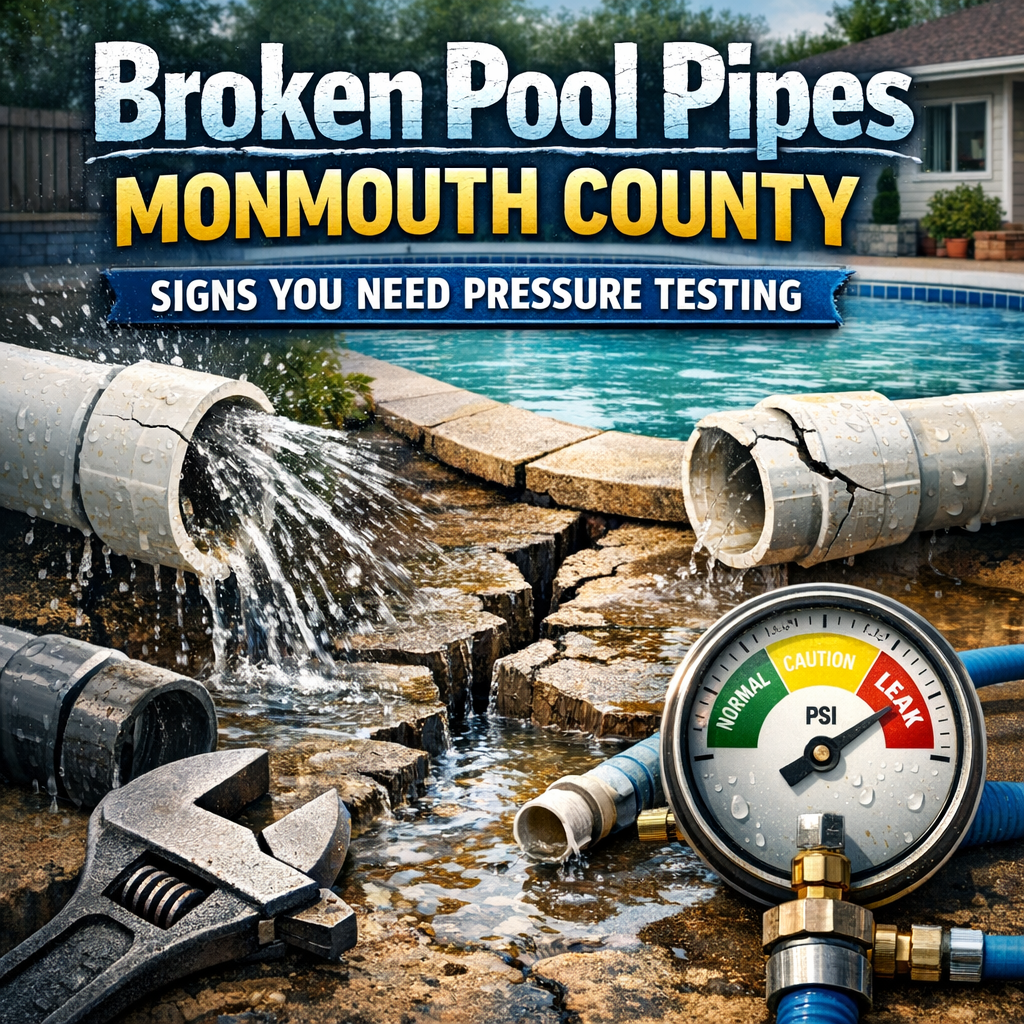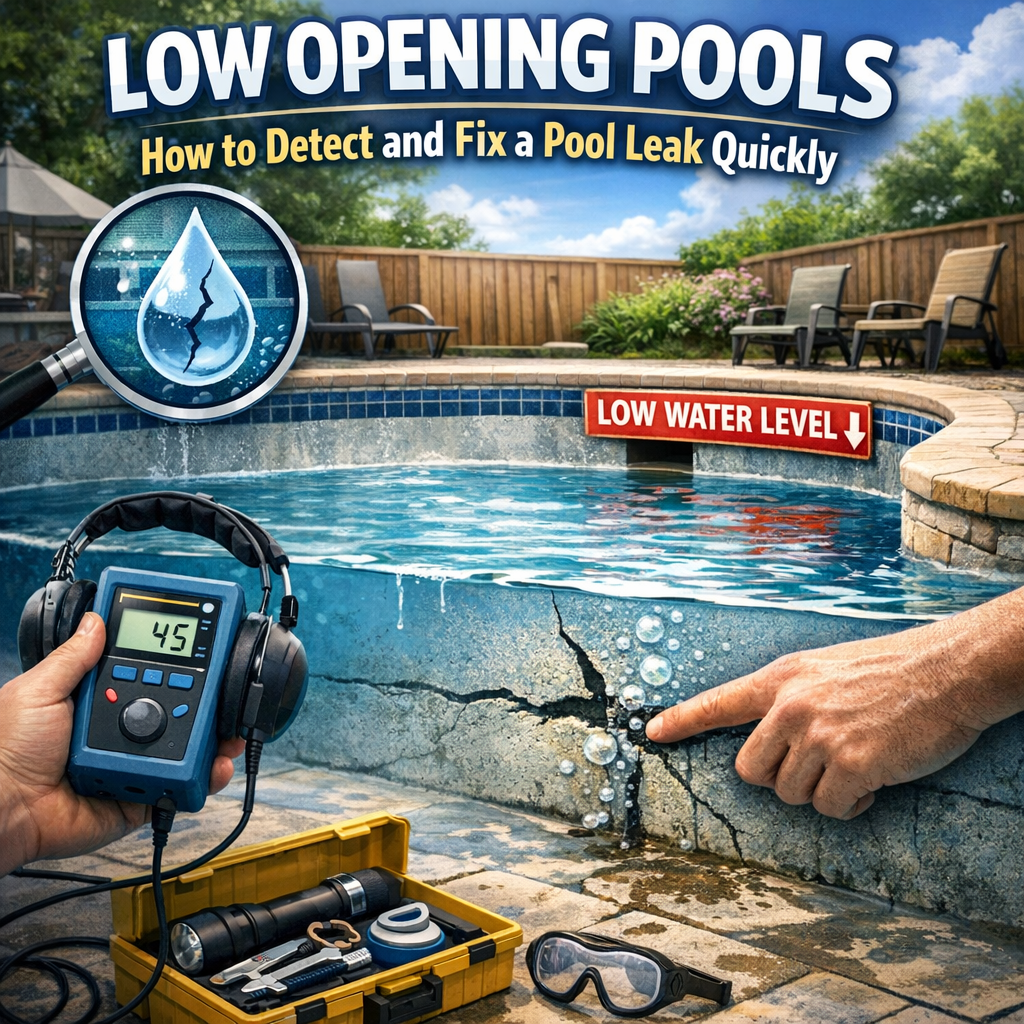Freehold pools are popular features in many residential properties, offering a space for relaxation, exercise, and entertainment. However, like all structures exposed to constant water and environmental factors, they are susceptible to wear and damage over time. One common issue that arises in freehold pools is the development of deep-end pool leak cracks, which can compromise the pool’s integrity and lead to costly repairs if not addressed promptly. Understanding how these cracks form and how to prevent them is essential for maintaining a safe and functional swimming environment.
Understanding Freehold Pools and Their Structural Components
Freehold pools are typically constructed with a combination of reinforced concrete, gunite or shotcrete shells, and a variety of waterproofing materials. The deep end of the pool, often designed to accommodate diving or larger swimming areas, involves additional structural considerations due to the increased water pressure and soil load. The pool shell is supported by a framework of rebar, which provides strength and stability. The interior surface is usually coated with a plaster or aggregate finish, and the entire structure is lined with waterproof membranes to prevent water seepage. Proper design and construction are crucial in ensuring the longevity of these components, especially in the deep-end area where stress concentrations are higher.
Common Causes of Deep-End Pool Leak Cracks in Freehold Pools
Deep-end pool leak cracks in freehold pools often result from a combination of environmental stressors, material fatigue, and ground movement. Over time, the constant pressure exerted by water, especially in the deep end, can cause stress fractures in the concrete or gunite shell. Ground shifts, such as soil settling or freeze-thaw cycles, can create movement that stresses the pool structure, leading to cracks. Additionally, chemical imbalances in the water, such as high pH or chloramine levels, can degrade pool finishes and waterproof membranes, making them more susceptible to cracking. Poor initial construction or inadequate waterproofing can also contribute to the development of leaks, which may manifest as visible cracks or ongoing seepage through the deep end.
Preventative Measures and Repairs for Deep-End Pool Cracks
Preventing deep-end pool leak cracks involves regular maintenance, proper chemical balance, and routine inspections to identify early signs of damage. Ensuring the pool’s structure is built with high-quality materials and appropriate waterproofing can significantly reduce the risk of cracking. Installing stress-relief joints and performing timely repairs of minor cracks can prevent them from worsening into more extensive leaks. If cracks do develop, professional assessment and targeted repairs—such as epoxy injections, epoxy coatings, or replacing damaged sections—are essential to restore structural integrity. Additionally, managing ground conditions through proper drainage and soil stabilization can mitigate the impact of soil movement on the pool’s foundation. Consistent maintenance and early intervention are key to prolonging the life of freehold pools and maintaining their safety and functionality.
Understanding the formation of deep-end pool leak cracks in freehold pools is vital for homeowners and pool professionals alike. By recognizing the causes and implementing preventative measures, property owners can ensure their pools remain safe, durable, and enjoyable for years to come. Regular inspections, quality construction, and timely repairs are essential components of effective pool maintenance, helping to avoid costly damages and preserve the beauty and functionality of these valuable outdoor features.


